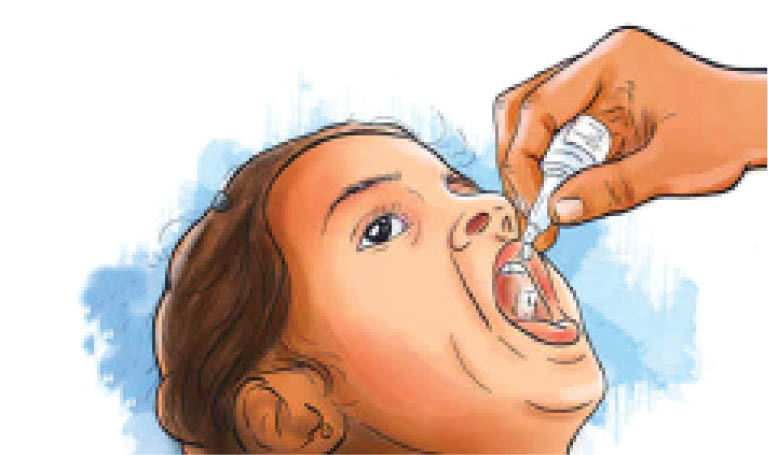In Nigeria, the issue of zero dose children (those who have not received any vaccination) is a pressing concern that demands urgent attention. Despite efforts to improve immunisation coverage at the national and subnational levels, significant gaps persist, leaving too many children vulnerable to preventable diseases.
This piece seeks to explore and shed light on this critical issue and propose actionable solutions to reduce the number of zero dose children in Nigeria.
To address the menace of zero dose children in Nigeria, it is imperative to understand the root causes of this problem. Various factors contribute to the existence of zero dose children, including inadequate access to healthcare services, misinformation and vaccine hesitancy; logistical challenges, poor micro planning and socio-economic disparities. Addressing each of these factors requires a multifaceted approach that involves collaboration among government agencies, healthcare providers, community leaders and international partners.
One of the primary strategies to reduce the number of zero dose children is to strengthen immunisation infrastructure and healthcare systems nationwide. This includes improving the availability and accessibility of vaccination services in both urban and rural areas; ensuring adequate vaccine supply chain management, and investing in healthcare workforce training and capacity building.
Ondo gov’ship: Violence, protest mar APC primary
US considers over $1bn weapons deal for Israel amid Middle East tensions – Report
Furthermore, addressing vaccine hesitancy and misinformation is crucial in building trust and confidence in vaccination programs. Public health campaigns should focus on dispelling myths and misconceptions surrounding vaccines, leveraging individuals’ experiences, vaccine champions, community influencers and traditional/religious leaders to convey accurate information, and promoting the importance of immunization for individual, family and community health.
In addition to addressing supply-side challenges, efforts must also be made to overcome demand-side barriers to vaccination. This involves implementing innovative strategies such as mobile vaccination clinics, community outreach programs, and incentivizing parents to vaccinate their children through conditional cash transfer schemes or other means.
Moreover, leveraging technology and data-driven approaches such as use of geospatial information systems can enhance immunization coverage and monitoring. Digital solutions such as electronic immunization registries and real-time data reporting systems can improve vaccine tracking, identify underserved populations, and enable targeted interventions to reach zero dose children.
Lastly, tackling the issue of zero dose children requires sustained political commitment and financial investment at both the national and subnational levels. Governments must prioritize immunization as a fundamental pillar of public health and allocate adequate resources to support vaccination programs, including procurement of vaccines, infrastructure development, and public awareness campaigns.
In conclusion, reducing the number of zero dose children in Nigeria is an achievable goal, but it requires coordinated efforts from all stakeholders. By strengthening healthcare systems, sustain capacity building, addressing vaccine hesitancy, improving access to vaccination services and leveraging technology and data, we can ensure that every child receives the lifesaving vaccines they need to thrive. Let us seize this opportunity of the Nigeria’s Health Sector Renewal Plan under the renewed hope initiative to protect the health and future of Nigeria’s children in the next 4 years and beyond.
Mohammed Musa Abubakar, was a former Director, Advocacy and Communication at National Primary Health Care Development Agency

 Join Daily Trust WhatsApp Community For Quick Access To News and Happenings Around You.
Join Daily Trust WhatsApp Community For Quick Access To News and Happenings Around You.


